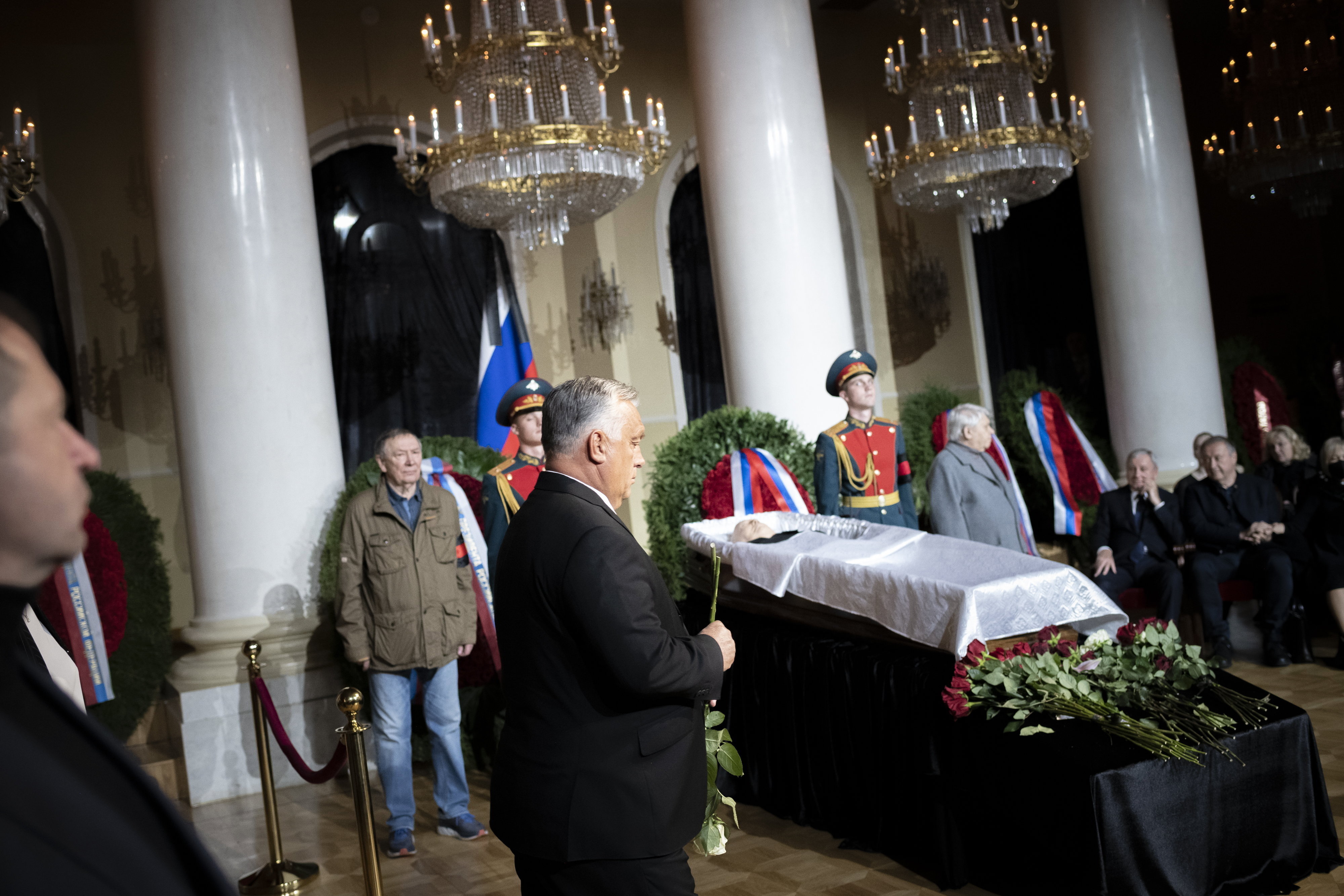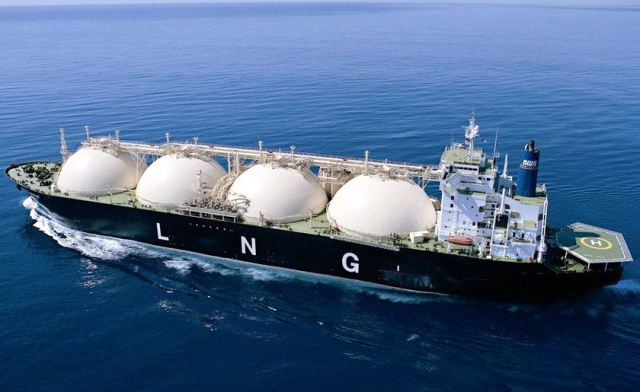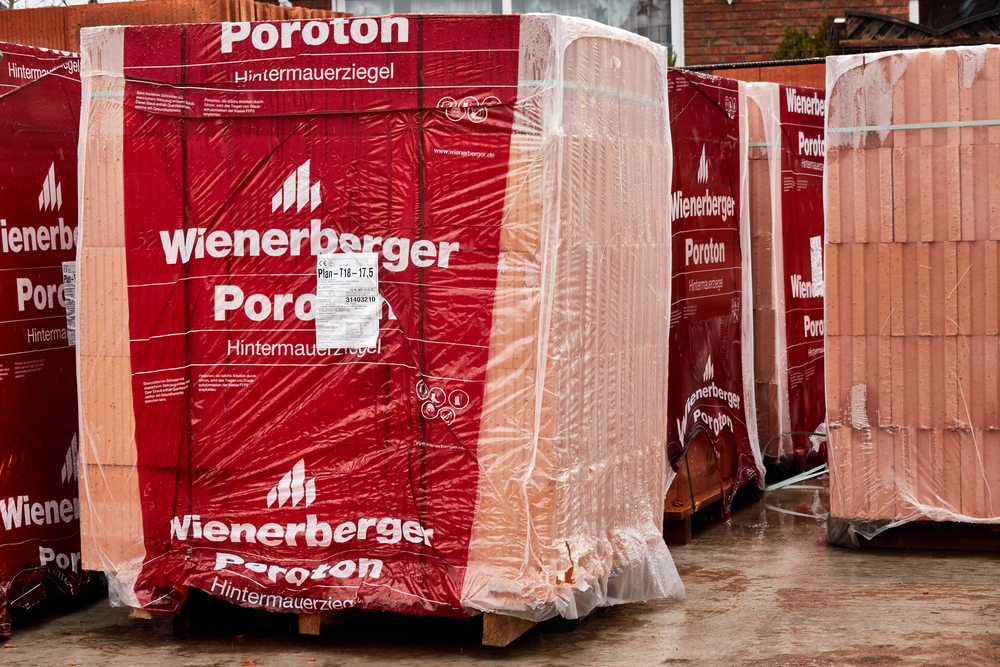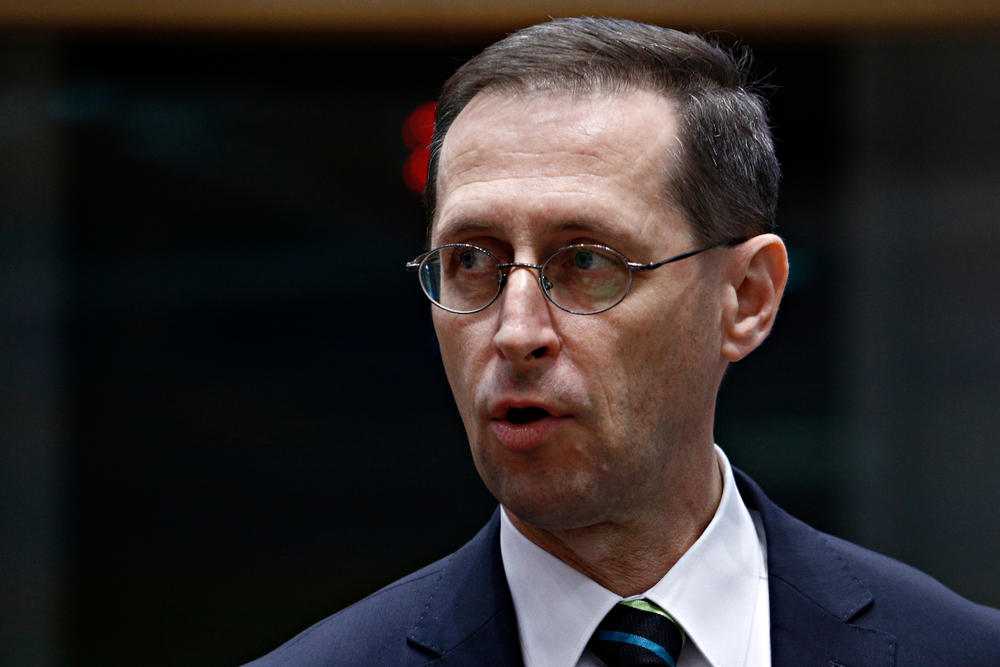Hungary Sends Mixed Messages on Ukraine, Says Goodbye to Gorbachev

In this photo released by the Press Office of the Prime Minister, Prime Minister Viktor Orbán pays his respects at the funeral of former Soviet leader Mikhail Gorbachev in Moscow.
Photo by Vivien Cher Benko / Prime Minister’s Press Office / MTI.
Hungary will have enough gas this winter to supply its households and the economy, State Secretary Tamás Menczer at the Ministry of Foreign Affairs and Trade told TV news channel M1 on September 5. “Gas is flowing to Hungary, where people will be able to heat their homes during the cold winter months, and the Hungarian industry and economy will remain functional,” Menczer said.
The news came in light of the indefinitely suspended closure of the Nord Stream pipeline last week, completely cutting off the supply of Russian gas to that region of Europe. The pipeline is owned and operated by Nord Stream AG, whose majority shareholder is the Russian state-owned company Gazprom, which said the connection would be closed for maintenance until the company could receive supplies currently under sanction.
This closure comes on the heels of a deal brokered by Minister of Foreign Affairs Péter Szijjártó with Gazprom on August 31, which he said would provide an additional 5.8 million cubic meters of natural gas per day for Hungary throughout September and October. Szijjártó said Gazprom delivered up to 2.6 million cubic meters of gas per day in August, in addition to the volume stipulated in the long-term contract.
The additional volumes contribute to the safety of Hungary’s energy supply, he said, citing Eurostat data that reserves in Hungary’s gas storage facilities exceeded 36.5% of annual average consumption, compared to the EU average of 21.5%.
While Russia continues its gas deliveries to Hungary, Budapest proceeds to make deliveries of its own to Ukraine. Some 41,000 doses of the Pfizer COVID vaccine were delivered to Transcarpathia, in the west of Ukraine, Szijjártó said in a video message posted on his Facebook page on September 6.
In addition to the medical support, the Hungarian Reformed Church (MRSZ) announced that it had donated HUF 81 million (EUR 200,000) to the Transcarpathia Reformed Church (KRE) to support the creation of bomb shelters. The donation will be used to set up and equip shelters in four secondary schools in the region and an elderly care home operated by KRE in Berehove.
The MRSZ had already contributed HUF 21 mln to cover the utility costs of 76 congregations over three months. The charity has also collected non-perishable food items worth HUF 41 mln, which will be delivered to Transcarpathia to help communities there in the coming months.
Yet, even as Hungary continues to provide support for Ukraine, it also seems willing to try to lessen sanctions against Russia. According to four anonymous European Union diplomats and officials, Hungary requested that three Russian nationals be removed from the EU’s sanctions list, Politico reported. Two of the diplomats identified the Russian businessmen concerned as Alisher Usmanov, Petr Aven and Viktor Rashnikov.
Another example of mixed Russo-Hungarian messages came when Prime Minister Viktor Orbán led a Hungarian delegation paying final respects to former Soviet leader Mikhail Gorbachev at a public funeral ceremony held on September 3 in Moscow, according to Radio Free Europe. Curiously, he was one of the relatively few world leaders to attend. Many Western countries such as Germany, the United Kingdom and the United States were represented by their ambassadors.
Gorbachev was not afforded a state funeral; his legacy and reputation are viewed in quite a different light in Moscow. Russian President Vladimir Putin did not go but attended the coffin in private in the hospital where the last Soviet leader died. Despite the liberation of millions of people from communist oppression, the fall of the Iron Curtain, the reunification of Germany, and greater EU integration, the reforms enacted by the final Soviet premier led to the collapse of the Soviet Union. Putin has described that as a “disaster.” Hungary, however, is now ranked 13th on this year’s Global Peace Index, according to the Institute for Economics and Peace.
This article was first published in the Budapest Business Journal print issue of September 9, 2022.
SUPPORT THE BUDAPEST BUSINESS JOURNAL
Producing journalism that is worthy of the name is a costly business. For 27 years, the publishers, editors and reporters of the Budapest Business Journal have striven to bring you business news that works, information that you can trust, that is factual, accurate and presented without fear or favor.
Newspaper organizations across the globe have struggled to find a business model that allows them to continue to excel, without compromising their ability to perform. Most recently, some have experimented with the idea of involving their most important stakeholders, their readers.
We would like to offer that same opportunity to our readers. We would like to invite you to help us deliver the quality business journalism you require. Hit our Support the BBJ button and you can choose the how much and how often you send us your contributions.









